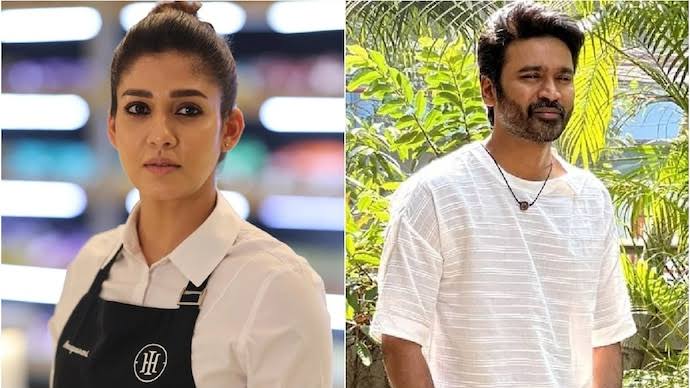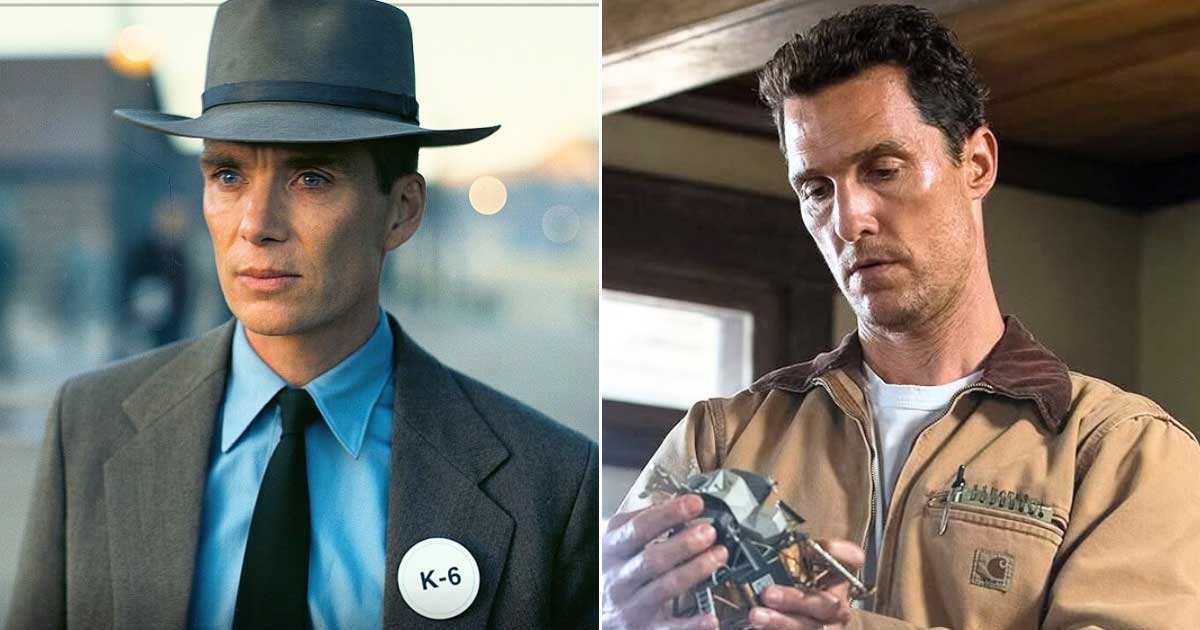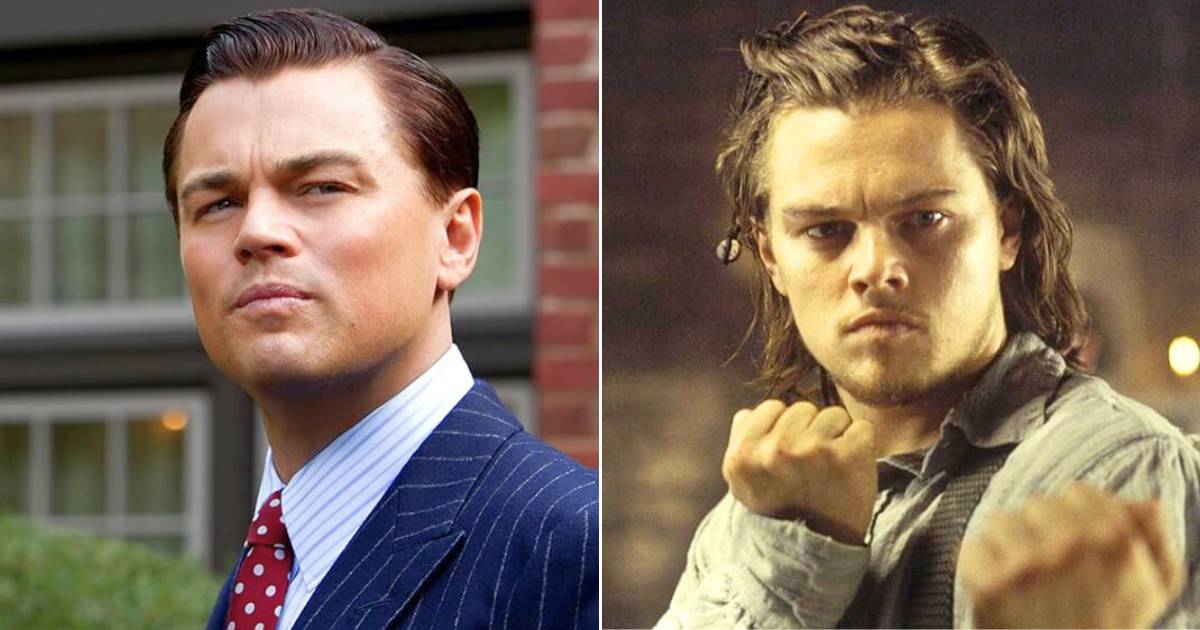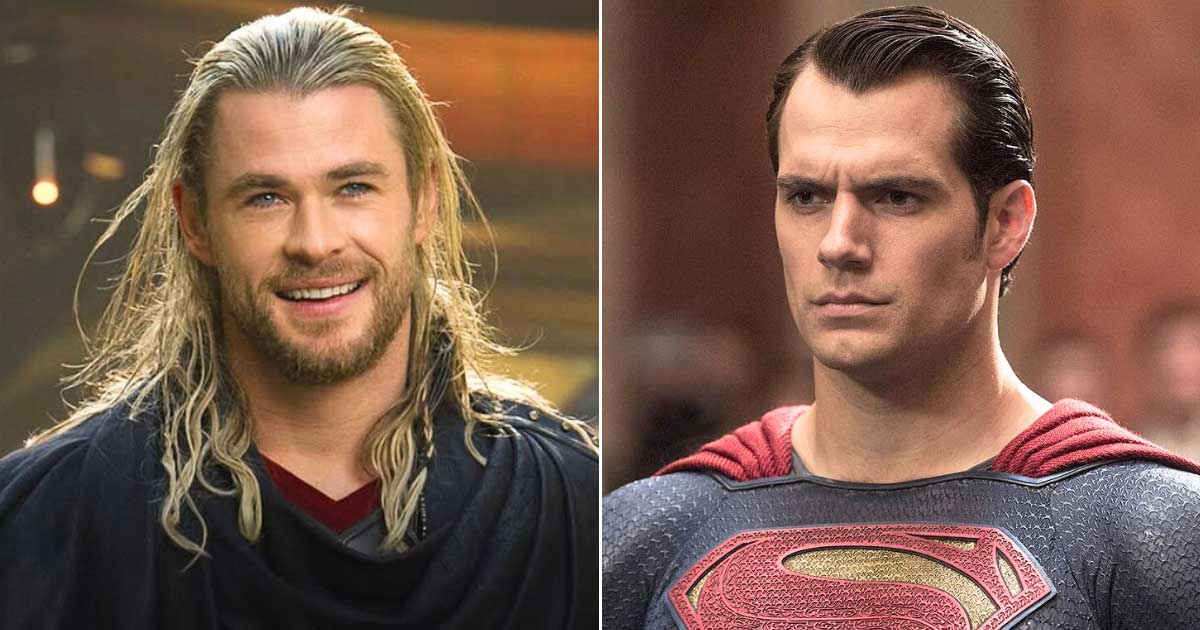
Who has the upper hand in court? – Beyond Bollywood
As the copyright dispute between Dhanush and Nayanthara escalates, Anamika Jha, a copyright expert, founder of Attorney for Creators and former legal head at the Screenwriters Association, offers her insights on the case.
By Mayur Lookhar
Three seconds is all it has taken for the relationship between South superstars Dhanush and Nayanthara to break down. A few days ago, Nayanthara took to X (formerly Twitter) to criticise Dhanush for denying her a No Objection Certificate (NOC) to use a three-second behind-the-scenes footage from the film Naanum Rowdy Dhaan (2015). She intended to include the footage in her documentary Nayanthara: Beyond the Fairytale (2024).

In her lengthy post, she claimed that she had been trying to obtain the NOC from Dhanush, the producer of the film, for two years, but he has refused to comply. Nayanthara accused Dhanush of withholding permission due to personal grudges. While Dhanush has not publicly addressed the matter, he sent a legal notice through his lawyer after watching the trailer, demanding that the contentious footage be removed within 24 hours or a payment of Rs. 10 crores be made for copyright infringement.
The documentary started streaming on Netflix on 18 November, which also marked Nayanthara’s 40th birthday. While we haven’t watched it yet, after receiving a notice, it seems highly unlikely that Netflix would include the disputed footage in the documentary.

Beyond Bollywood reached out to lawyer Anamika Jha, a copyright expert, founder of Attorney for Creators and former legal head at the Screenwriters Association. Jha explained the legal framework, shedding light on who might have the upper hand if this matter goes to court.
“Be it any film or series, all footage, including behind-the-scenes material, is the copyright of the producer. By default, any raw footage belongs to the producer. The Copyright Act, 1957, clearly defines “owner” of a cinematographic film is the Producer. Hence, producer owns all footage lock, stock, and barrel, So, legally Dhanush may not be wrong in sending her a legal notice even after denying the permission ” said Jha.
In her lengthy letter posted on X, Nayanthara claimed that the behind-the-scenes footage was captured on her camera or phone and was merely a candid moment, asserting that it did not infringe upon the film’s copyright.
Commenting on the argument, Jha stated, “Even if one captures footage on a personal device, the key question is whether they are authorised to do so on a film set. Under most media and entertainment contract templates, artists are not permitted to record any footage and use the same for any unauthorised personal or commercial use. I am not aware of the specific terms of the contract between Nayanthara and producer Dhanush for that film, but most media contracts do not allow recording for personal use. Nayanthara’s argument, therefore, holds little merit under the law.”
Based on the above, Nayanthara may be on shaky ground, but does a mere 3-second BTS footage constitute infringement? Sharing her expertise on this, Jha said, “In Nayanthara’s defence, ideally, there shouldn’t be an issue with such a small amount, and it shouldn’t amount to infringement. It will be interesting to see whether the de minimis principle will be applied here.”
In copyright law, the de minimis principle applies when the use of copyrighted material is so minimal that it does not constitute actionable infringement. Courts consider factors such as:
· The duration and significance of the copied portion.
· Whether the use is recognisable or affects the original work.
· The context in which the material is used.
The principle essentially protects against legal action over negligible infractions.
Jha, though, was quick to point out that it is up to the judge to decide whether that principle applies here and clarified that no footage should be used without consent.
She cautioned, “It is a myth that one can use footage for 10-15 seconds or even 30 seconds. Ideally, one should be allowed, but you do not have the right to use 3 seconds without permission.”
Giving Nayanthara the benefit of the doubt, the copyright expert pointed out how Nayanthara claimed to have pursued Dhanush for an NOC for over two years. Whether that argument will sustain in court is again up to the judge’s discretion, including whether to apply the de minimis principle here.
While Dhanush may have a strong case, Jha stated that the producer seeking Rs 10 crore in damages is a far-fetched idea. “I’m not so sure whether the court will uphold the demand for Rs 10 crore in damages. The penalty would perhaps be minimal here,” said Jha.
Clearly, based on the legal expert’s views, Dhanush is likely to have the upper hand in this copyright dispute with Nayanthara. However, it is surprising that the producer has taken this route, especially after reports emerged of Nayanthara performing the title song for the sports comedy Ethir Neechal (2013) for free. At that time, producer Dhanush referred to Nayanthara as a friend and thanked her for the gesture. Could he have repaid that gratitude by granting her the NOC for a three-second behind-the-scenes clip for her documentary?
The counterargument here is that since Nayanthara’s documentary is a commercial project, shouldn’t Netflix pay for the three-second footage? But by the same logic, Ethir Neechal was also a business venture, not a social activity.
In her closing note, Jha suggested that more than a copyright issue, personal matters might be behind this controversy.
Publisher: Source link



